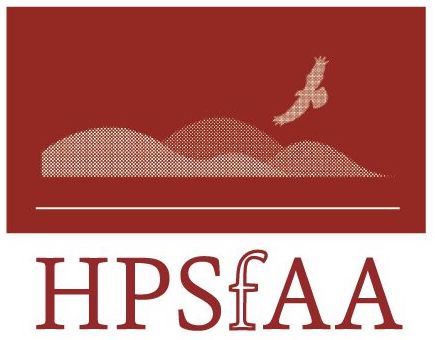  
 
The High Plains Society for Applied Anthropology |
|
Developing a Culture of Ethnics in Higher Education, with Implications for Anthropological Fieldwork
Julie A. Reyes
While the ethical problems involved in research with human subjects is not a new phenomenon, the interest in this area has intensified over the past few decades as represented within the Code of Ethics of the American Anthropological Association. Less attention, however, has been given to how research ethics are taught and learned in higher education as a tool for anthropologists to conduct their work while maintaining an ethical framework. This paper uses the AAA Code of Ethics to show that the development of a culture of ethics in a university or college department can be a multi-faceted, historical process that both influences and is influenced by the meaning placed on significant symbols, such as the mentor-protégé relationship. This in turn helps to shape the definition of research ethics. I argue that the distinct culture of an academic department is reflected in the ways that informal networks or relationships are (or are not) utilized, thereby embedding this action (or non-action) into the culture of ethics. Using examples from research conducted in different academic departments located in the social sciences and allied health fields of a large research university, I illustrate how informal and formal mechanisms are used to transmit knowledge of research ethics, and also to develop a culture of ethics or lack thereof in each department.
The Applied Anthropologist, No. 1-2, Vol. 30, 2010, pp 39 - 46